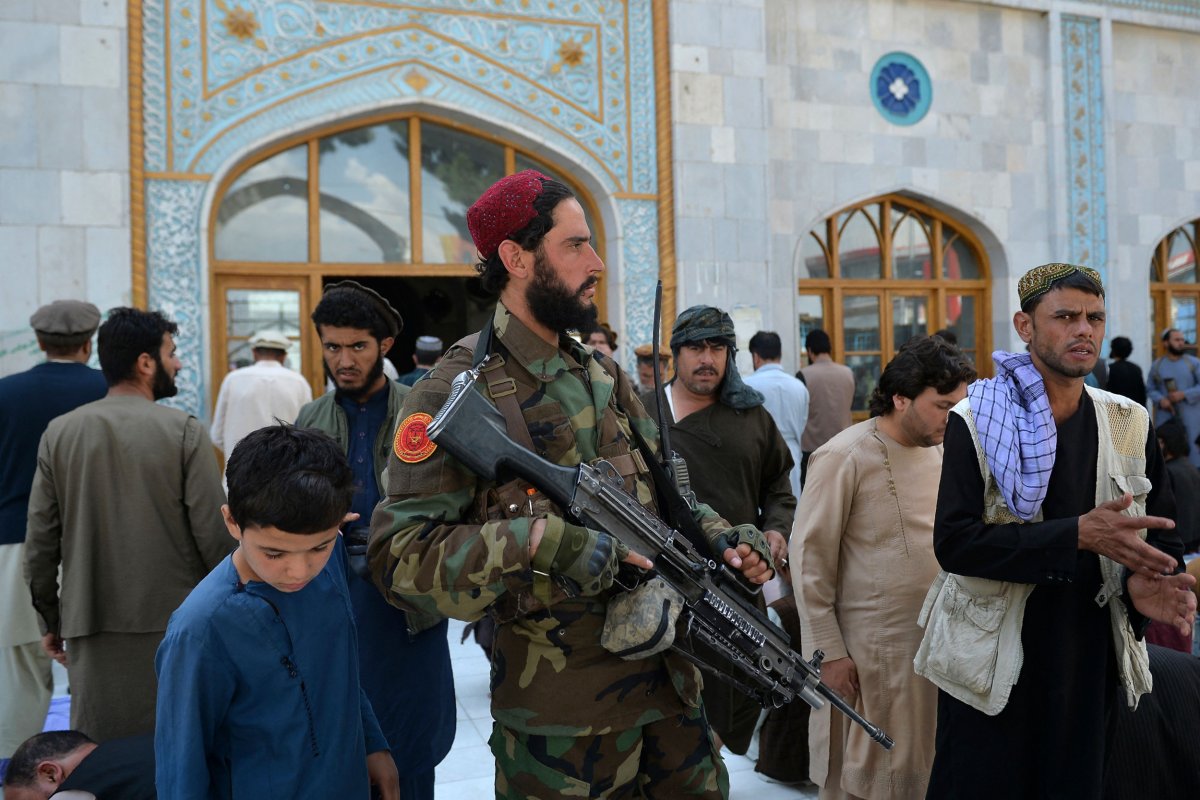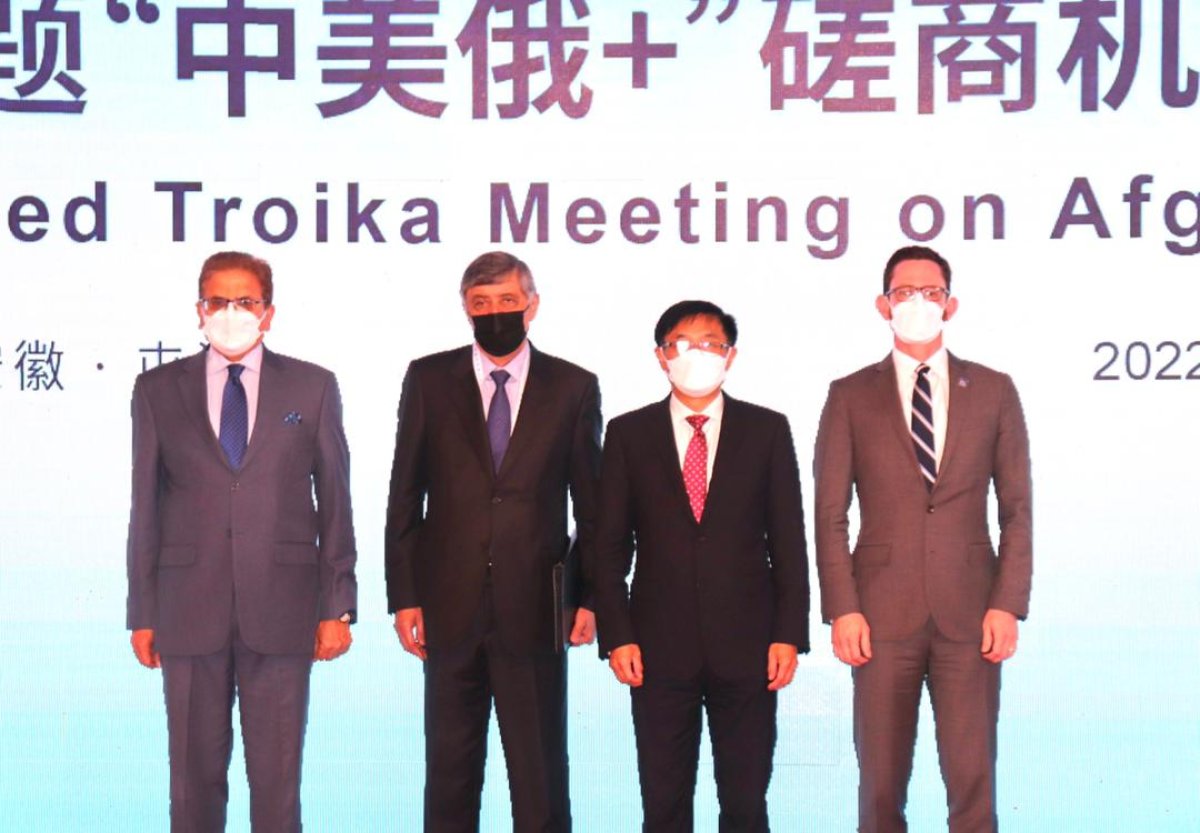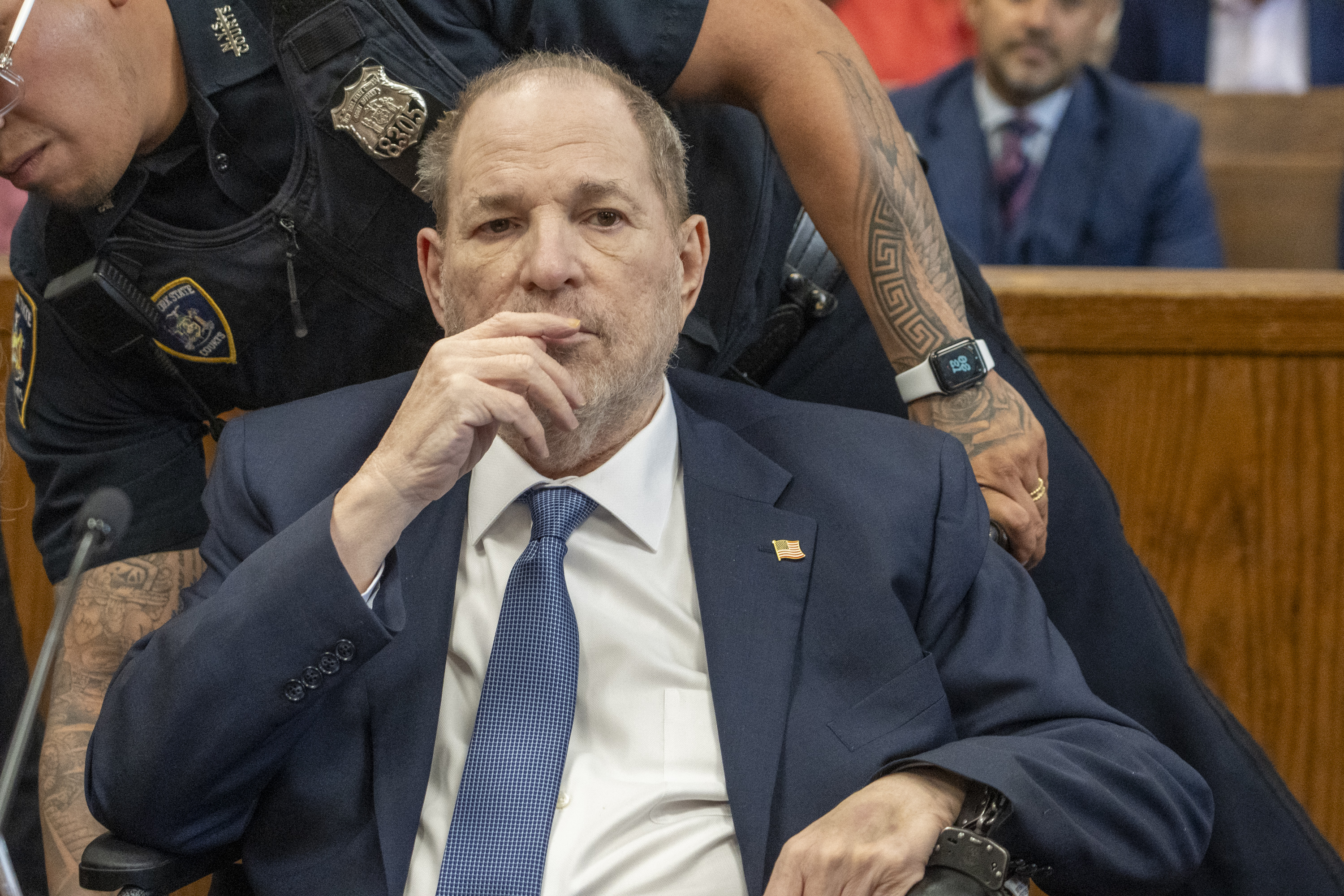Iran has voiced its condemnation of a recent grenade attack against Kabul's largest mosque just days after representatives of the United States, China, Russia and Pakistan met to discuss the situation in Afghanistan, a country beset by humanitarian crisis and militant threats.
The blast Wednesday injured up to six people just as worshippers concluded midday prayers at the Pul-e-Khishti Mosque, located in a crowded neighborhood of the Afghan capital. No group or individual has yet claimed responsibility for the attack, but the Taliban-led Afghan Interior Ministry said it detained a suspect on the scene and brought him in for questioning.
The incident follows a series of deadly bombings late last year claimed by the Islamic State militant group's Khorasan branch (ISIS-K) against mosques, many of which were of Shiite Muslim denomination, drawing particular outrage from neighboring Iran.
And while the Pul-e-Khishti Mosque is frequented largely by Sunni Muslims, Tehran's embassy in Kabul nonetheless issued a statement that said it "condemns the use of terrorist methods that threaten the security of the Afghan people, including today's terrorist incident at the Kabul Pul-e-Khishti Mosque, which appears to have injured a number of fasting worshipers."
The attack came just two days after a fatal stabbing near the Shiite Muslim shrine of Imam Reza in the Iranian city of Mashhad, an attack that Iranian authorities said was conducted by a foreign national of Uzbek descent that entered the country illegally through Pakistan.
While no direct connection to Afghanistan has been established, Uzbeks make up one of Afghanistan's four largest ethnic groups, and Iranian Interior Minister Ahmad Vahidi said Thursday that "the enemy tries to take advantage of the ethnic and religious differences between friendly nations, but it will fail to achieve its objective," according to the semi-official Tasnim News Agency.
"Iran and Afghanistan are a united nation with common civilizational roots and backgrounds," Vahidi said.

Although Iran has historically opposed the Taliban, it has sought to make inroads with the group since it took over the country last August amid a U.S. military withdrawal from a two-decade war in Afghanistan.
On Tuesday, Iran's embassy welcomed the Taliban's announcement to restrict narcotics sales across the opium-rich nation. It announced that Tehran stood ready to cooperate in agriculture just days after Iran's special representative to Afghanistan, Hassan Kazemi Qomi, said the Taliban had agreed to share its country's water supply as part of decades-old treaty, one that has often been a source of contention between the two nations.
Qomi made the remarks after attending a meeting in China held among regional countries, which included officials from Russia, Pakistan, Tajikistan, Turkmenistan and Uzbekistan. The conference was one of several international gatherings to address ongoing woes in Afghanistan, the latest meeting of which was held in the "extended troika" format among China, Russia, Pakistan and the U.S.
The meeting was notable as it marked a rare forum of interaction between the U.S. and its top foes China and Russia, especially in the wake of the latter's invasion of Ukraine launched February 24 amid mounting tensions between Moscow and Washington.
The war, now approaching its seventh week, and the humanitarian crisis it has created in Europe has consumed international attention, while Afghanistan continues to suffer from its own series of overlapping crises including economic collapse and lack of basic services since the Taliban takeover.
Adding to Afghanistan's financial distress, the U.S. has seized up to $7.1 billion in frozen Afghan funds, of which it has announced plans to allocate at least half to victims of the 9/11 attacks that served as a pretext for the U.S. war in the country in 2001.
Though the Al-Qaeda militant group was operating in Afghanistan at the time of the attack none of the perpetrators themselves were Afghans, and the U.S. plan has prompted mass protests from all sectors of Afghan society, including those opposed to the Taliban's restrictive rule.
State Department spokesperson Ned Price confirmed last week that U.S. special representative for Afghanistan Tom West attended the "extended troika" meeting in the Chinese city of Tunxi. He said the interests of all four countries involved "are aligned" when it comes to Afghanistan, and this "includes when it comes to the imperative of seeing girls return to secondary schools and encouraging inclusive governance."
The Taliban had vowed to respect the right of women to receive an education, something the ultraconservative group restricted when the Islamic Emirate first ruled the country from 1996 until the U.S.-led intervention five years later. But as schools opened late last month, female students seeking second education said they were turned away, sparking outcry within the country and abroad.
Price said the U.S. was looking for support from other countries to ensure that the Taliban sticks to its commitment on the education of women.
"We want to see to it that those are messages the Taliban received not only from us, not only from our European partners, with whom we're coordinating closely on Afghanistan and engagement with the Taliban, but also from a broader collection of countries, and certainly those countries that do have a good deal of leverage," he said.

The day after the meeting, the Chinese Foreign Ministry released a readout saying that "the four sides agreed that a peaceful and stable Afghanistan is in the common interests of the international community. Afghanistan should not become a place for geopolitical rivalry, but a platform for international cooperation." The statement "reiterated their firm support for the Afghan people and stressed that more humanitarian assistance will be provided to Afghanistan."
Also at the core of the meeting were concerns of lingering instability prompted by attacks like the one that would occur the following week at the Pul-e-Khishti Mosque.
"All parties in Afghanistan are called on to realize national reconciliation through substantive dialogue and negotiation, and work for a broader, more inclusive and united political architecture in Afghanistan in the future," the Chinese Foreign Ministry said at the time. "The four sides stressed that various terrorist forces entrenched in Afghanistan remain a threat to the security of the region, and called on relevant Afghan parties to take more visible measures to fulfill their counter-terrorism commitment and dismantle and eliminate all types of terrorist groups."
Also present at the meeting was a representative of the Taliban, acting Acting Minister of Mines and Petroleum Sheikh Shahabuddin Delawar. Foreign Ministry spokesperson Abdul Qahar Balkhi said the participating nations had "pledged that all their efforts are for the stability of Afghanistan and the region and that the isolation of Afghanistan is not in the interest of anyone."
Delawar was also said to have called on the other representatives to assist Afghanistan rather than add any extra pressure, as "international cooperation will enable Afghanistan to play an important role in regional prosperity as a self-sufficient and competitive country."
And he was said to have repeated the promise that "Afghanistan's soil would not be used to the detriment of any country and would not allow anyone from its soil to harm the stability of the region and the world," the core tenet of the peace deal signed by the Taliban and the U.S. under then-President Donald Trump in February 2020.
While U.S. troops have long left Afghanistan, Defense Secretary Lloyd Austin said Friday that the Pentagon's Central Command mission still "includes our over-the-horizon efforts in Afghanistan, with the help of our partners."
This article has been updated to include remarks from Iranian Interior Minister Ahmad Vahidi.
Uncommon Knowledge
Newsweek is committed to challenging conventional wisdom and finding connections in the search for common ground.
Newsweek is committed to challenging conventional wisdom and finding connections in the search for common ground.
About the writer
Based in his hometown of Staten Island, New York City, Tom O'Connor is an award-winning Senior Writer of Foreign Policy ... Read more
To read how Newsweek uses AI as a newsroom tool, Click here.








